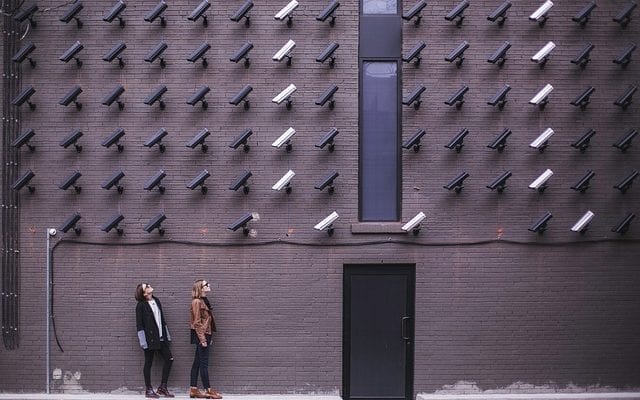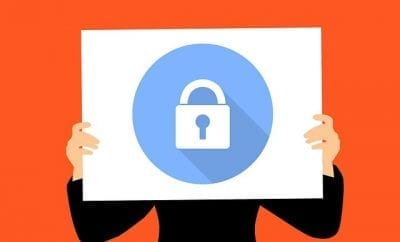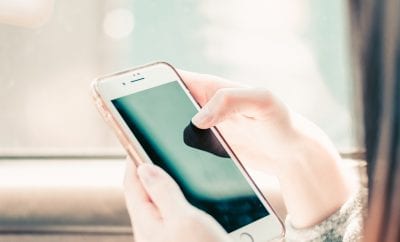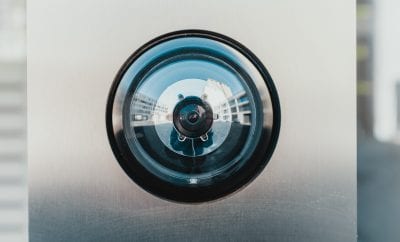
News
Is Facial Recognition the End of Personal Privacy
Facial recognition is an exciting technology we are beginning to see implemented more and more into our daily lives. From being used in smart doorbells to laptops and phones, facial recognition is regarded as a more secure way to protect our devices. But what happens when that same technology is used in ways that seriously undermine our privacy and civil liberties guaranteed to us as American citizens?
Facial recognition is being increasingly used by law enforcement agencies around the country in the name of upholding the law and solving crimes quicker and more efficiently. The technology is being used by police departments and border control to quickly pull a face from a crowd and determine if someone is currently on a watchlist or database of known offenders. It was utilized in Maryland this June after a suspect arrested for a shooting at a newsroom refused to cooperate with law enforcement and couldn’t be identified using fingerprints.
While there are clear upsides for law enforcement agencies who decide to use this technology to increase their overall effectiveness, there are unmistakable concerns over how facial recognition technology will eventually lead to a new surveillance state where our every move is being watched. Another troubling aspect of facial recognition is that isn’t as accurate as we hope to think it is.
A recent study conducted by researchers at Georgetown University found that one in two American adults, or roughly 117 million people, can be found in facial recognition databases. These databases also currently have very few rules and stipulations governing its overall use. A clear concern for many activists and civil liberties groups is that law enforcement will eventually deploy facial recognition to search for suspects using body cameras, dash cams, and even drones. While noncriminals have nothing to worry about, the thought of being surveilled unknowingly by an organization as a law-abiding citizen is disturbing in many ways.
China is one nation championing the use of facial recognition with the goal of creating a surveillance state. Chinese police officers are already being outfitted with high-tech sunglasses that are capable of spotting suspects in a crowded area.
U.S. companies are also getting in on the action, with Amazon deploying its Recognition software to police departments across the country. News of the company’s involvement sparked national outrage, along with internal displacement from employees. While Amazon maintains that it does not conduct surveillance of any kind for its own use, allowing the technology to be used by other entities is undoubtedly a slippery slope.
Jennifer Lynch, an attorney with the Electronic Frontier Foundation, warns of the dire consequences of a world where facial recognition powered surveillance is commonplace. She says, “An inaccurate system will implicate people for crimes they did not commit. And it will shift the burden onto defendants to show they are not who the system says they are.” If there are breaches or misuse of this data, there is no telling what would happen if gets in the wrong hands. Facial recognition has the potential to quickly become a tool for oppressive surveillance if left unchecked.





0 comments